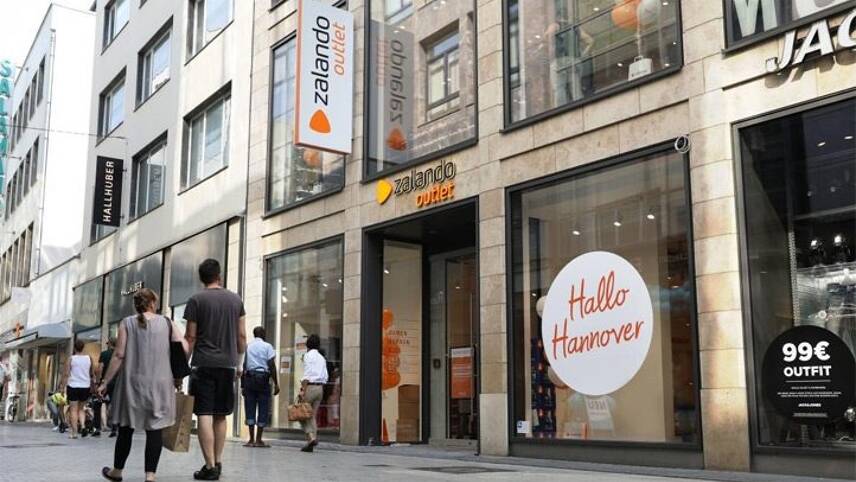Register for free and continue reading
Join our growing army of changemakers and get unlimited access to our premium content

Zalando’s online platform caters to 28 million customers in 17 markets
Zalando will collaborate with the SAC to use the Higg Brand & Retail Module (Higg BRM), a tool that provides retailers and brands with measures to assess performance around indicators such as carbon emissions, human rights and environmental parameters.
Through the collaboration, Zalando will gather ethical and environmental data from its partner brands to understand the challenging areas and identify sustainability solutions.
“As Europe’s leading online platform for fashion and lifestyle, we want to raise the bar, act first and bring our partners on the journey to address today’s most important issues: climate change, use of resources and worker rights,” Zalando’s director of sustainability Kate Heiny said.
“As part of our sustainability strategy, do.MORE, we have made assessments around ethical and sustainable parameters for our brand partners mandatory. The Higg BRM will help us achieve our goal to continuously increase our ethical standards and by 2023 only work with partners who align with them.”
Net-Zero
Zalando’s online platform caters to 28 million customers in 17 markets, and has committed to carbon neutrality in its own operations and all of its deliveries and returns. Through energy efficiency measures and offsetting, Zalando has confirmed to edie that as of 30 October 2019, the company is net-zero emissions for Scope 1 and 2.
The company has also revealed that it will set a science-based target in 2020, increase ethical sourcing standards as part of the firm’s SAC membership and generate 20% of Gross Merchandise Volume (GMV) – total sales value for merchandise sold through the platform – from sustainable products.
On GMV, 260 million products fell into the sustainability category in 2019. Additionally, Zalando will design its packaging to minimise waste and eliminate single-use plastics by 2023. Zalando already uses boxes made from 100% recycled materials and shipping bags consisting of 80% recycled plastics. Beauty bags have also been switched to 100% recycled paper.
Also set for 2023 is a target to apply circular economy principles that extend the life of at least 50 million fashion products. Zalando predicts that one million items will pass through its resale platform, Zalando Wardrobe, by the end of 2019.
“Zalando’s decision to require its partner brands to use the Higg BRM will serve as a catalyst for bringing the industry together towards a standard system for sustainability measurement. This is how we can implement and achieve lasting change,” SAC’s executive director Amina Razvi said.
The SAC consists of more than 250 global members, all of which are working to jointly develop the Higg Index and give the fashion sector a standardised approach to measuring environmental and ethical impact.
Matt Mace


Please login or Register to leave a comment.